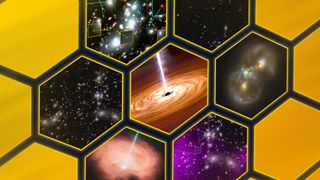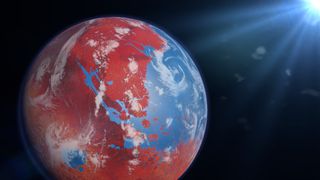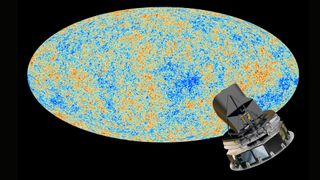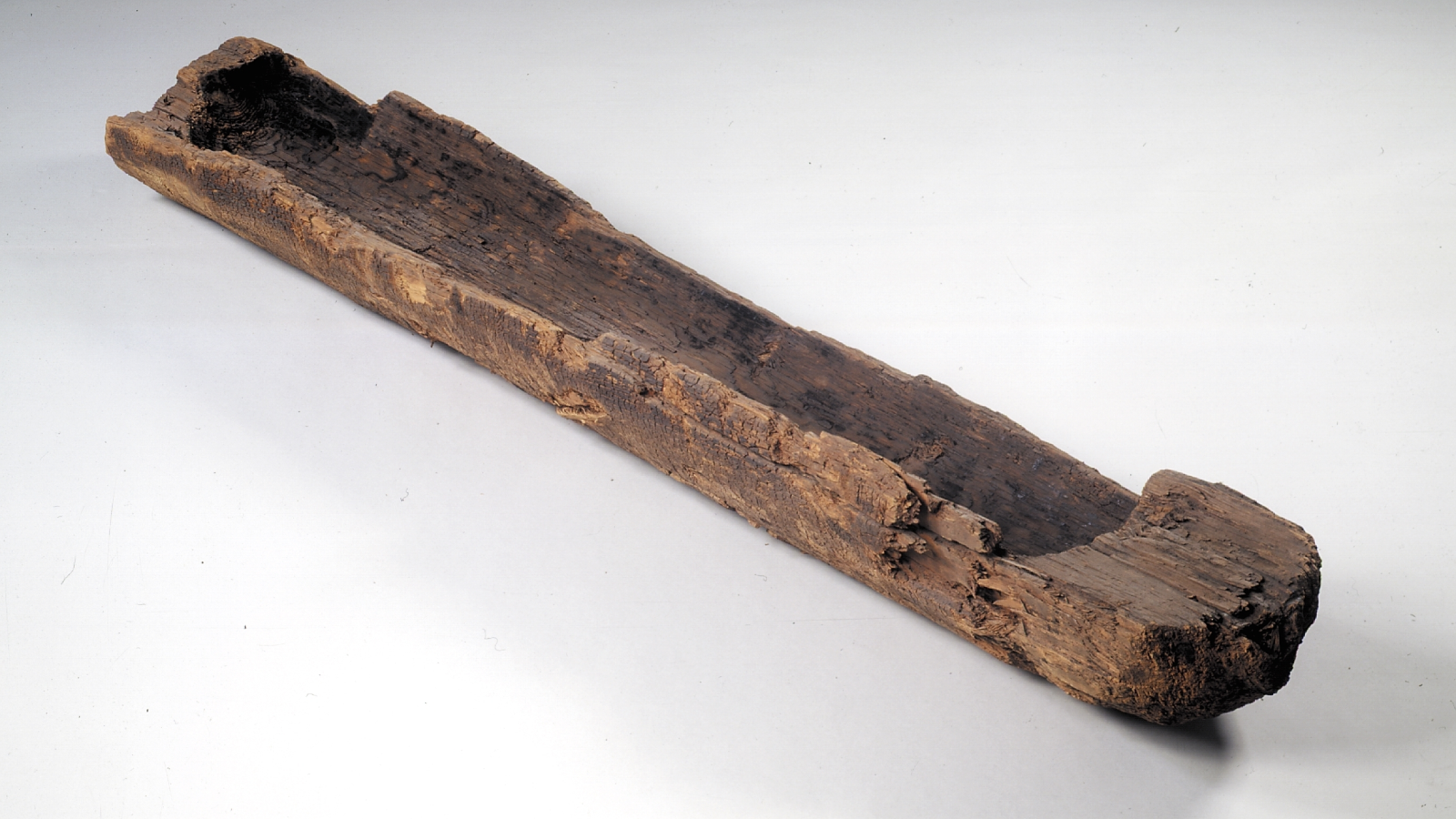Space news, features and articles
Explore Space
Editor's Picks
Latest about Space
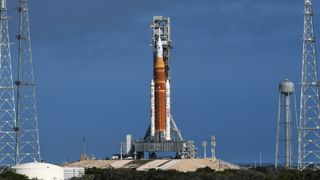
NASA is preparing for simulated launch of Artemis II mega moon rocket — and it could happen as early as Saturday
By Patrick Pester published
NASA has announced it will fuel the Artemis II rocket as part of a simulated launch that will take place as early as Saturday (Jan. 31).
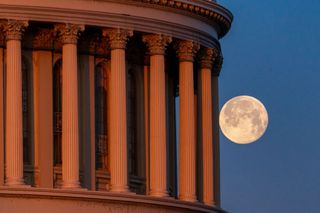
See February's full Snow Moon rise this weekend next to a glittering star cluster
By Jamie Carter published
February's full "Snow Moon" will be at its fullest on Sunday, Feb. 1, and will be best seen at moonrise. It will appear just beneath the Beehive Cluster, one of the closest star clusters to the solar system.

Canon 18x50 IS UD all-weather binoculars review
By Jase Parnell-Brookes published
Review These Canon image-stabilized binoculars can keep up with you stargazing and wildlife spotting, and then some.
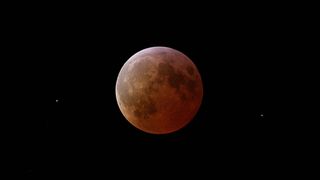
How to photograph the moon: Tips on camera gear, settings and composition
By Jacob Little last updated
We're sharing our best tips on how to photograph the moon ahead of the blood moon eclipse on March 3 — discover the right gear, settings and composition techniques to get the best shots.
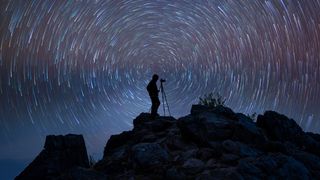
Best lenses for astrophotography 2026 — capture the cosmos in detail
By Kimberley Lane last updated
These are the best lenses for astrophotography you can buy in 2025
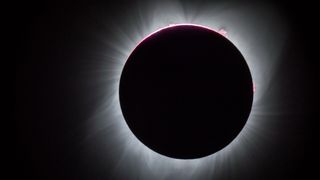
How to see 2 total solar eclipses in the next 2 years — including the 'eclipse of the century'
By Jamie Carter published
After a two-year gap, there will be two total solar eclipses within 12 months of each other, on Aug. 12, 2026, and Aug. 2, 2027.
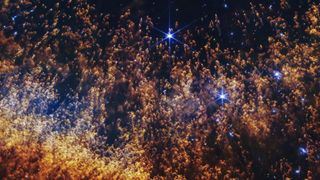
James Webb telescope peers into 'Eye of God' and finds clues to life's origins — Space photo of the week
By Jamie Carter published
A spectacular new image from the James Webb Space Telescope reveals intricate structures inside the Helix Nebula, where a dying sunlike star is enriching the galaxy with the elements needed for life.
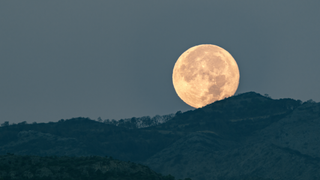
Why does the moon look larger when it's on the horizon?
By Alice Sun published
The moon looks enormous when it's near the horizon — why is that?
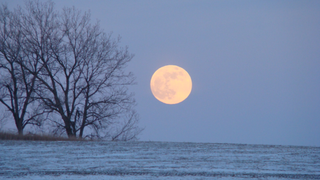
Full moons of 2026: When to see all 13 moons rise next year
By Jamie Carter last updated
When does the next full moon rise? Find out exactly when to see the full moons of 2026, including the full "Snow Moon" in February.
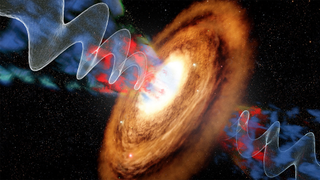
Astronomers discover a gigantic, wobbling black hole jet that 'changes the way we think about the galaxy'
By Matthew Williams published
Combining observations from several powerful telescopes, astronomers have detected a gargantuan, 'wobbling' black hole outburst that's as wide as an entire galaxy.
Get the world’s most fascinating discoveries delivered straight to your inbox.
 Live Science Plus
Live Science Plus





